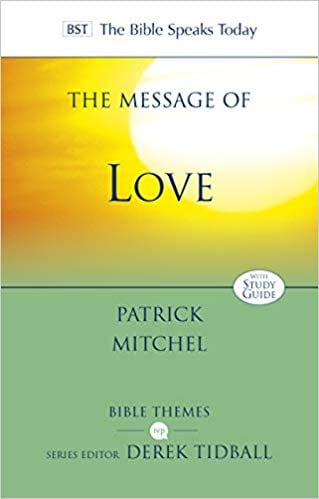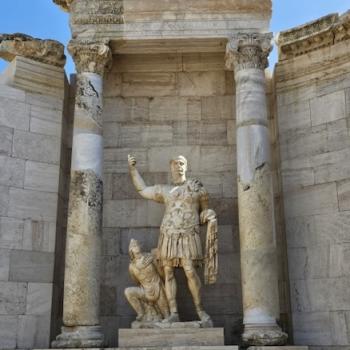BEN: P. 114 is one of the more important diagnoses in the book of what is wrong with the way Western culture views love. Love as a legal right, non-traditional marriage arrangements as a legal right. But the Bible says love is a gift, not a right. It’s not something owed to us by society or the world. I like the quote from Simon May “Whereas becoming even a fairly competent artists or gardener or editor or plumber or banker or singer is dearly purchased with long effort and then only by the few with sufficient talent, love is [thought to be] a democracy of salvation open to all.” And you are right that modern notions that love itself can save us without need for repentance, or humility or obedience to God, are over-confident about the power of merely human love. Without our sounding like the Grinch who Stole Christmas, how do we explain to people that real love is costly, is not free, and demands all that we are and have if is to be really transformative, and while we are at it— it needs to be God’s love that is the ultimate change agent of human personality???
PATRICK: I think it’s about where you start. Christians believe in the gospel (good news) of God’s victory over sin and death through the life, atoning death and resurrection of Jesus Christ, the living Lord. It’s this message that the great gospel sermons in Acts tell, they don’t begin with bad news. Similarly, when it comes to very different understandings of love, I think the best tack is to focus on how the Bible’s ‘Message of Love’ is packed with good news. That’s the message we have been given to witness to.
In the conclusion of the book I try to draw the three strands of love in the Bible together. Strand 1 is God’s relentless love unfolding through the OT and NT. Theologically it’s the identity of Jesus as God’s beloved Son who dies for us that marks a revolution in the understanding of divine love. Strand 2 is the call for a whole-hearted response of human love for God. Strand 3 is resultant communities of God’s people loving one another and their neighbors with Jesus-like love. As your late friend Larry Hurtado says, Christianity’s love-ethic marked it out as unique in the ancient world. We need to teach and inspire people with these truths – ultimately that’s why I wrote the book.
But words count for only so much. The challenge for us as individual Christians and churches is to ‘explain’ what love is by our lives and communities. It is our lives and churches that are the ultimate hermeneutic of the gospel. People are rightly sceptical of the church and its hypocrisy which says, in effect, ‘Don’t mind our broken relationships and toxic communities, believe our message of love anyway!’ John put it pretty bluntly didn’t he? He who claims to love God but does not love his brother shows himself to be a liar. Honesty and truth-telling is all we have (Hauerwas).













